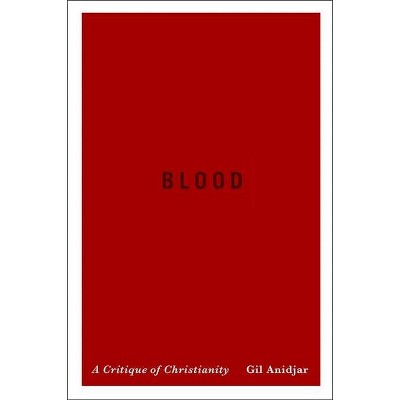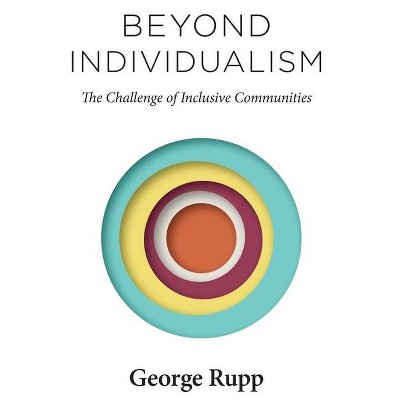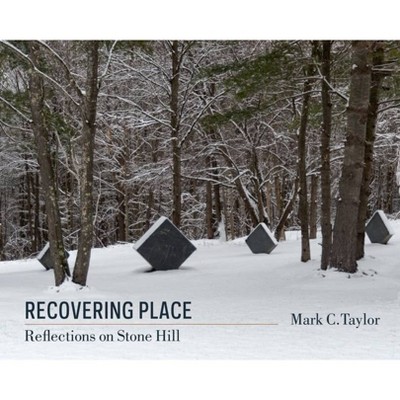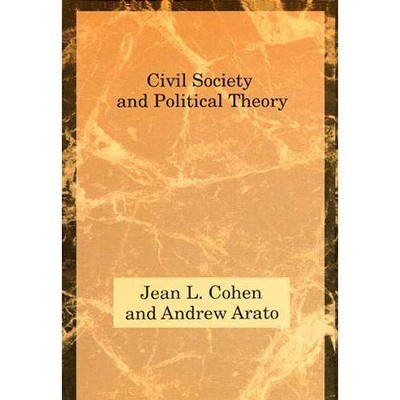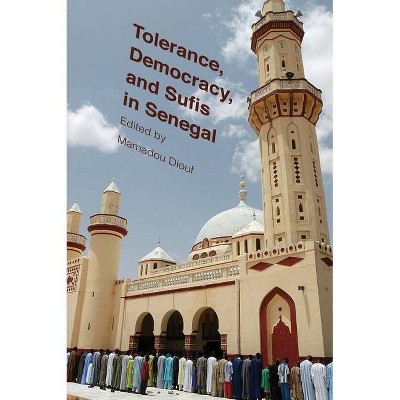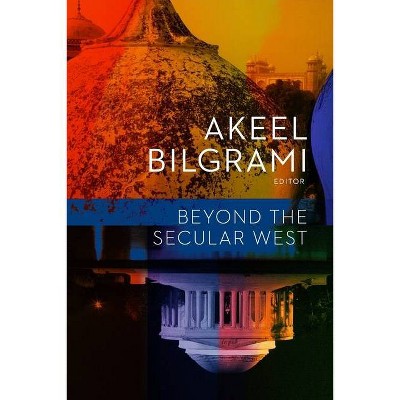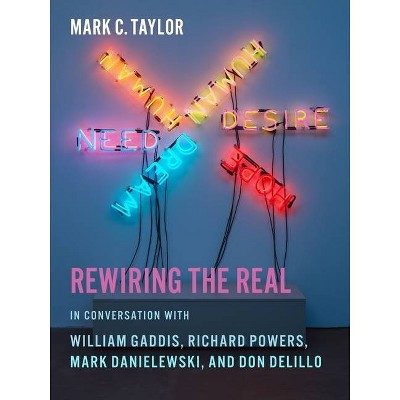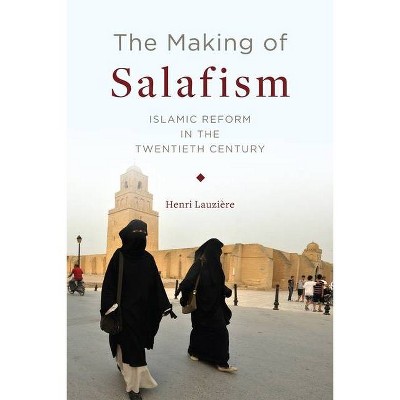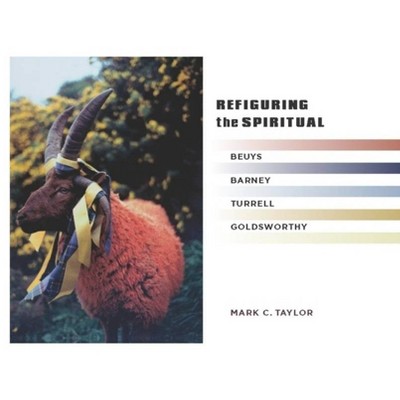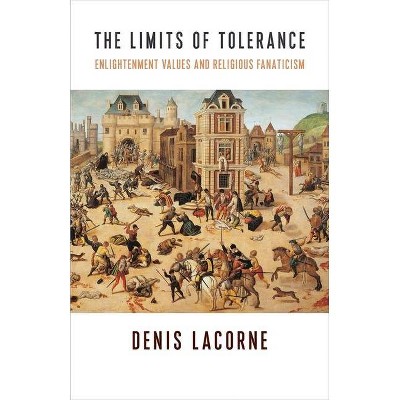Forms of Pluralism and Democratic Constitutionalism - (Religion, Culture, and Public Life) by Jean Cohen & Andrew Arato & Astrid Von Busekist
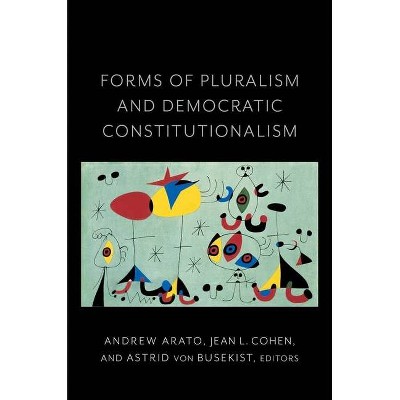
Similar Products
Products of same category from the store
AllProduct info
<p/><br></br><p><b> About the Book </b></p></br></br>In this interdisciplinary volume, a group of prominent international scholars considers alternative political formations to the nation-state, discussing their ability to preserve and expand the achievements of democratic constitutionalism in the twenty-first century and their capacity to deal with deep societal differences.<p/><br></br><p><b> Book Synopsis </b></p></br></br>The achievements of the democratic constitutional order have long been associated with the sovereign nation-state. Civic nationalist assumptions hold that social solidarity and social plurality are compatible, offering a path to guarantees of individual rights, social justice, and tolerance for minority voices. Yet today, challenges to the liberal-democratic sovereign nation-state are proliferating on all levels, from multinational corporations and international institutions to populist nationalisms and revanchist ethnic and religious movements. Many critics see the nation-state itself as a tool of racial and economic exclusion and repression. What other options are available for managing pluralism, fostering self-government, furthering social justice, and defending equality? <p/>In this interdisciplinary volume, a group of prominent international scholars considers alternative political formations to the nation-state and their ability to preserve and expand the achievements of democratic constitutionalism in the twenty-first century. The book considers four different principles of organization--federation, subsidiarity, status group legal pluralism, and transnational corporate autonomy--contrasts them with the unitary and centralized nation-state, and inquires into their capacity to deal with deep societal differences. In essays that examine empire, indigenous struggles, corporate institutions, forms of federalism, and the complexities of political secularism, anthropologists, historians, legal scholars, political scientists, and sociologists remind us that the sovereign nation-state is not inevitable and that multinational and federal states need not privilege a particular group. <i>Forms of Pluralism and Democratic Constitutionalism</i> helps us answer the crucial question of whether any of the alternatives might be better suited to core democratic principles.<p/><br></br><p><b> Review Quotes </b></p></br></br><br>This unique volume explores the various dimensions of the contemporary crisis of the modern nation-state and the potentialities and dangers of alternative political forms, such as dispersed sovereignty, legal pluralism, and corporate governance. Timely, systematic and wide-ranging, it offers unrivaled insights into the distinctive political challenges of our times.--Cécile Laborde, University of Oxford<br><br>Diverse, sharp, and timely, this volume is a welcome intervention in the debate on postnational political forms. The authors explore a panoply of historical and contemporary pluralist ideas and institutions--from empire, federation, subsidiarity, status group pluralism, to transnational corporate jurisdiction--and critically detail their political trajectories and normative possibilities. What makes this volume distinctive is its constructive orientation and global scope. It asks with clarity how these political forms might be revived, reformed, and enacted without undermining the ideals of democratic self-rule and political equality that the nation-state was meant to secure.--Karuna Mantena, Yale University<br><br>What is the best political form for modern democratic orders--a nation-state, a sovereign state, an empire, a confederation, an international organization, a federation of states, or a federal state? In an age where the classical answers to this question have become unsatisfying, the authors in this book come up with new arguments and answers. The articles are crisply written and very accessible for political scientists, legal scholars, and historians. The book is essential reading for those who want to know about the institutional options in order to keep democracy's future in the age of globalization alive.--Hubertus Buchstein, Universität Greifswald<br><br>The essays in <i>Forms of Pluralism and Democratic Constitutionalism </i>address an important new topic with clarity and substance. All in all, this is an extraordinary book which incorporates the very best of scholarship on a significant topic, constitutionalism and pluralism, and is fundamental reading for the current debates in political theory, law, sociology, and political philosophy.--David M. Rasmussen, Boston College, Editor-in-Chief, <i>Philosophy and Social Criticism</i><br><p/><br></br><p><b> About the Author </b></p></br></br>Andrew Arato is the Dorothy Hart Hirshon Professor of Political and Social Theory at the New School. His many publications include <i>Post Sovereign Constitutional Making: Learning and Legitimacy</i> (2016) and <i>Adventures of the Constituent Power: Beyond Revolutions?</i> (2017). <p/>Jean L. Cohen is the Nell and Herbert M. Singer Professor of Contemporary Civilization and Political Theory at Columbia University. Her numerous books include <i>Globalization and Sovereignty: Rethinking Legality, Legitimacy, and Constitutionalism</i> (2012), and she is coeditor of <i>Religion, Secularism, and Constitutional Democracy</i> (Columbia, 2015). <p/>Astrid von Busekist is professor of political science at Sciences Po, Paris. Her books include <i>Portes et murs: Des frontières en démocratie</i> (2016) and she is the editor in chief of the journal <i>Raisons Politiques</i>.
Price History
Price Archive shows prices from various stores, lets you see history and find the cheapest. There is no actual sale on the website. For all support, inquiry and suggestion messages communication@pricearchive.us
